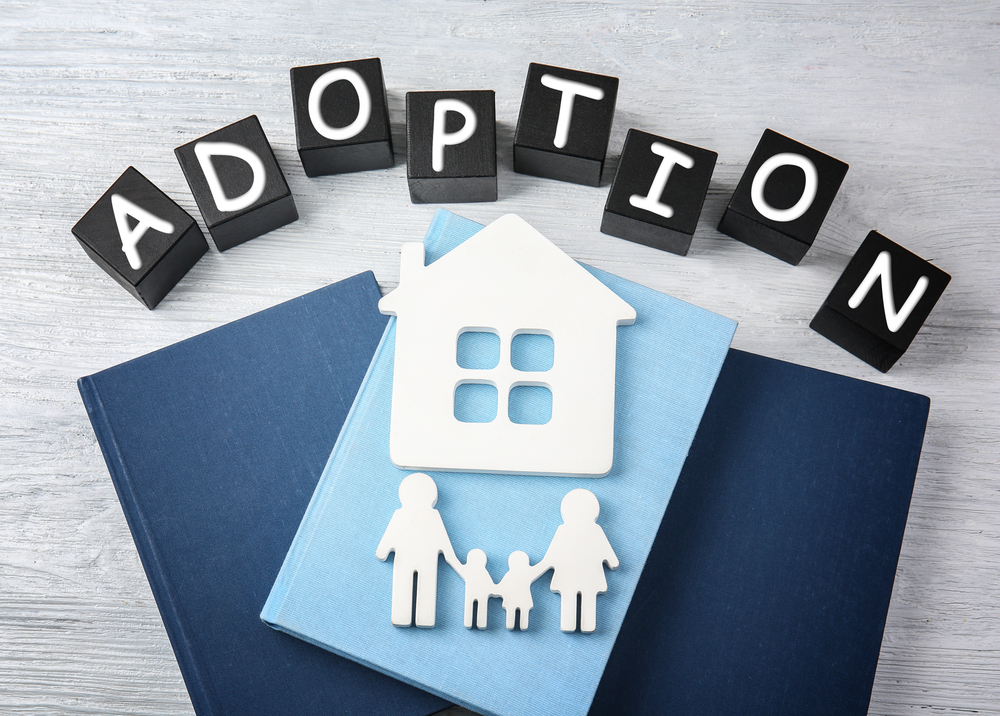For many pregnant women, the decision to take their baby up for adoption can be emotionally challenging. Selecting the proper path and comprehending the adoption process might be difficult. Pregnant moms must have access to detailed and accurate information to make an informed choice that is ideal for them and their children.
Adoption may be a great and noble act of love that allows a child to mature in a secure and caring family. Yet, understanding the physical but also emotional sides of adoption can be difficult, particularly for individuals who have never done so before.
This post will present a compassionate, informative, and one-of-a-kind guide for expectant moms considering adoption. We’ll go over the many types of licensing, the civil adoption procedure, emotional factors, support services, economic considerations, and reply interaction. Expectant women should ask questions, look for references and recommendations, and take the time to locate an adoption agency for pregnant women with whom they feel comfortable working. Selecting the correct open adoption can make or break user acceptance both for the birth mother and the adoptive mother.
Understanding The Many Kinds Of Adoption

source:bzynelawfirm.com
Adoption is not a one-size-fits-all resolution, and there are various forms of birth to consider while determining the best approach. Domestic, global, and group home adoption are the three basic types of adoption.
Adopting a kid within the States is known as domestic adoption. This can be done to an adoptive parent or privately when the birth mother selects the adoptive family. Parenting a child from another country is known as international adoption. This can be time-consuming and expensive, but it may also provide a kid with a home that they might not have otherwise.
Adopting a child from the foster system is called foster care adoption. This can offer a stable and caring environment for a youngster who has been through trauma or difficulty.
Pregnant Moms’ Legal Adoption Process
Adoption law is complicated and differs according to the state where the transfer is happening today. The biological mother must often sign formal assent to cancel her paternal responsibility and pass this on to the adoptive families. According to the nation’s legislation and his engagement in the pregnancy, the birth father’s permission may also be required.
Working with a registered animal shelter or attorney who can give legal assistance and support throughout the process is necessary for pregnant moms considering adoption.
Locating And Hiring An Open Adoption Or Lawyer
Selecting the best animal charity or attorney is an essential milestone in the foster system. It is critical to study potential agencies or individuals, ask a question, and seek references and reviews. Pregnant women should assess the agency’s licensure and image, their services and assistance, and their dedication to ethical procedures. It’s also critical to locate an adoption agency or attorney who seems like a good fit and offers a helpful, and people tend to believe throughout the adoption decision.
Pregnant Moms Considering Adoption Can Get Help From The Following Organizations

source:mamamia.com.au
There are numerous services accessible to pregnant women considering marriage or Adoption agencies for pregnant women which frequently offer counselors, supportive services, and educational materials to help birth families make educated decisions through the adoption process.
There are other national and local groups that help birth parents, such as the National Organization for Families or the American Rescue Assembly. These organizations provide information, tools, and advocacy to birth and their families.
Friends and relatives, together with religious or social organizations, may offer support to pregnant moms considering adoption. While integration can be emotional and difficult, having a solid support system is critical.
Pregnant mothers may be eligible for cash aid for pregnancy-related expenses and help and support. Foster parents and professionals can provide information about financial help programmes such as Medicaid and offer financial assistance to birth parents. Pregnant women must have access to the information and assistance required to make the most appropriate decision for themselves and their children.
Pregnant Women Considering Adoption Should Consider The Following Financial Factors
When considering adoption, financial factors are crucial factors to consider. Pregnancy and delivery can be costly. Thus, pregnant women should be aware of the resources accessible to them. Adoption agencies for pregnant women and attorneys could educate you about the financial help Medicaid program and the possibility of the adoptive family covering certain expenditures.
Several states also permit birth mothers to obtain financial assistance for living expenses while pregnant and recovering. Pregnant moms should have a clear grasp of any financial commitments or available help when making an adoption decision. This can reduce some of the financial load while allowing for better-educated decisions.
Interaction And Connection With The Adopted Family After The Adoption

source:dailytimes.com
Pregnant women must decide on the extent of pre-communication and engagement with the adoptive family. After the adoption, there are numerous possibilities for contact, such as an open, tractor-trailer, and closed adoption.
The birth family and adoptive parents maintain continuous communication and contact in an open adoption. Telephone interviews, emails, texts, or even visits may be included. In a semi-open marriage, the birth family and adoptive mother may communicate and exchange information, but there may be no direct communication or visits. There is no communication or exchange of data here between birth parents and the adopted family in a closed adoption.
Selecting the best approach for a pregnant mother considering adoption is a difficult and emotional decision. Knowing the wide varieties of motherhood, the legal procedures, and the possibilities for open, sealed, or moderately adopted are all critical considerations. Also, new mothers adopting a child require behavioral help and resources such as therapy, support groups, and cash help. Pregnant women must take the time to consider their possibilities, sort through their emotions, and seek the support they require to make a knowledgeable and confident conclusion. Finally, placing a child to be adopted is a highly personal decision that should be made with care. Still, it may be a loving and unselfish decision for the biological parent and child.

